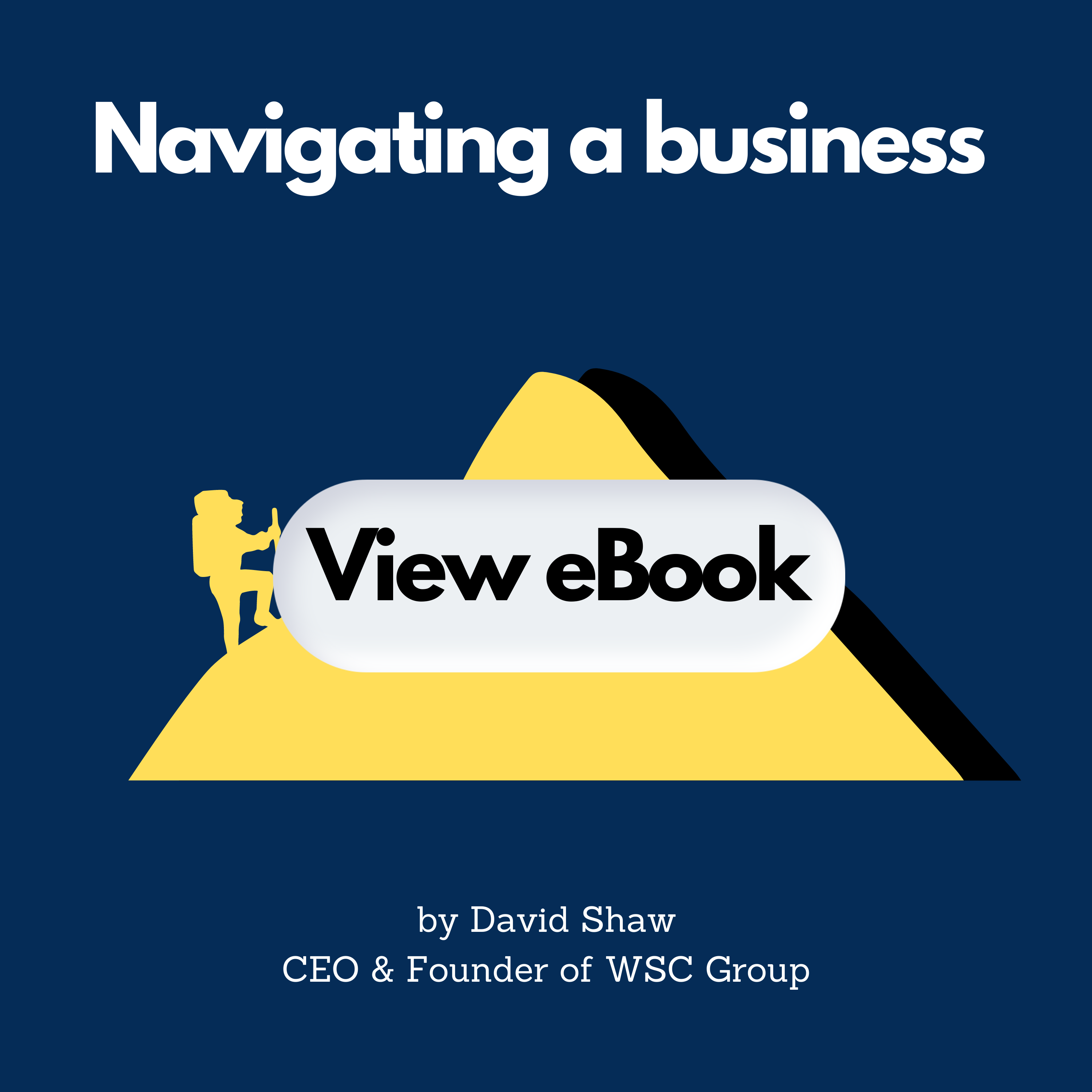Addressing the topic of artificial intelligence and its impact on the job market is important. The question of whether AI will take over jobs is a complex one, and there is no simple answer. However, I wanted to provide some insights on the topic based on current research and trends.
First, it is important to note that AI is already being used in many industries to automate repetitive tasks and improve efficiency. This has led to some job displacement, but it has also created new opportunities for workers to upskill and take on more complex roles. In the accounting industry, for example, AI is being used to automate tasks such as data entry and analysis, allowing accountants to focus on higher-level tasks such as strategic planning and advisory services.
While AI is likely to continue to disrupt the job market, it is not expected to result in widespread unemployment. Instead, it is likely to change the nature of work, requiring workers to adapt and acquire new skills. In fact, some experts predict that AI will create more jobs than it displaces, particularly in fields such as data analysis, software development, and AI research.
That being said, in the age of AI, it is important for workers to adapt and acquire new skills to remain competitive in the job market. Here are some ways workers can do so:
1. Stay informed about industry trends: Keep up to date with the latest developments in your industry and understand how AI is being used to improve efficiency and automate tasks. This will help you identify areas where you can upskill and acquire new skills.
2. Invest in ongoing learning and development: Take advantage of training and development opportunities offered by your employer or seek out external courses and certifications to acquire new skills. Online courses and tutorials are a great way to learn about AI and its applications.
3. Embrace new technology: Don't be afraid to experiment with new tools and technologies that can help you work more efficiently. Familiarise yourself with AI-powered tools and software that can help you automate repetitive tasks and free up time for more complex work.
4. Develop transferable skills: Focus on developing skills that are transferable across industries and roles, such as critical thinking, problem-solving, and communication. These skills will be valuable in any job, regardless of the level of AI integration.
By staying informed, investing in ongoing learning and development, embracing new technology, and developing transferable skills, workers can adapt and acquire new skills in the age of AI.
While AI is likely to have a significant impact on the job market, it is not expected to result in widespread job loss. Instead, it is likely to change the nature of work, requiring workers to adapt and acquire new skills. As a business professional, it is important to stay informed about these trends and to invest in ongoing learning and development to remain competitive in the job market.













